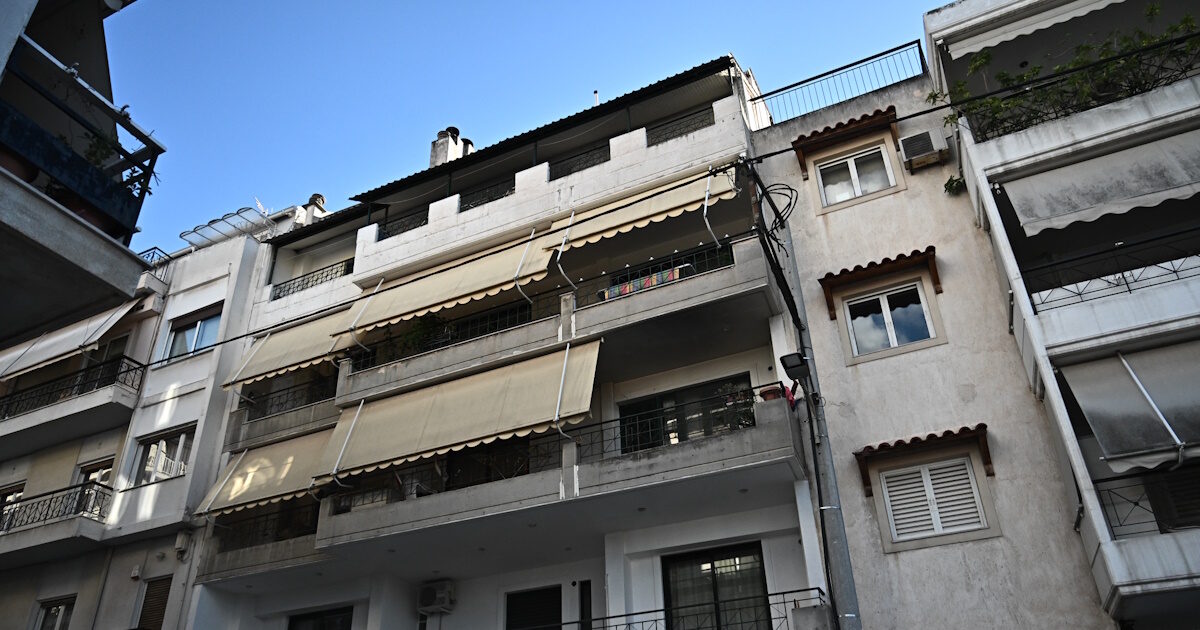The apartments continue to gather the greatest interest of prospective buyers, constituting the dominant type of home in domestic market.
According to Cerved real estate survey, 64% of respondents chose apartments as a preferred category, with houses and maisonettes following 19.4%. Smaller are the plots (9.3%) and cottages (7.6%). Regarding market incentives, 61.5% of industry professionals point out that the majority of interested parties are looking for property for ownership, while the remaining 38.5% are turning to investment real estate.
As for the bid and demand relationship in the housing market by the end of 2025, the image is clearly in favor of demand. 57% of respondents believe that the market is characterized by a surplus demand, 30% refer to a balance and only 12.8% find superiority.
Of particular interest is the increased participation of foreigners in the Greek real estate market. According to the Bank of Greece, foreign investment in the sector in 2024 amounted to € 2.75 billion, recording an increase of 28.9% compared to 2023.
However, expert estimates differ in terms of the participation of foreign buyers. 46.4% believe that foreigners do not exceed 20% of all buyers, while 35.6% estimate that their percentage exceeds 30%.
However, in large urban areas and tourist destinations – such as Athens, Thessaloniki, as well as in island and coastal areas such as the Cyclades, the Ionian Islands, Halkidiki and Ermionida – according to 90% of the industry professionals, the participation of aliens exceeds 70%.
As far as real estate sells are concerned, the majority of market experts estimate that we are in the phase of relative stabilization, without it being a cessation of the upward course of prices. Specifically, 49% of survey participants expect prices to remain at the same level, suggesting that the market has reached a balance point after several consecutive increases in previous years.
At the same time, 46% still see upward trends, albeit at a restrained pace. Of these, 42% believe that the rise will not exceed 5%, which is interpreted as a sign of normalization of dynamics. Just a very small percentage of experts (less than 5%) expects prices reduction, which enhances the feeling that downward pressure remains limited.
The picture is also similar to the rental market. 47% of respondents provide for a further increase in rents, with the overwhelming majority estimating that the rise will be within limits and will not exceed 5%.
These trends are directly related to the ongoing lack of available housing for rent, especially in urban areas with high demand, but also to the constant return of students and new workers to large urban centers. The rest of the research participants either provide for stabilization of prices or a limited decline, imprinting a market that, although dynamic, shows signs of normalization after a long period of price.
